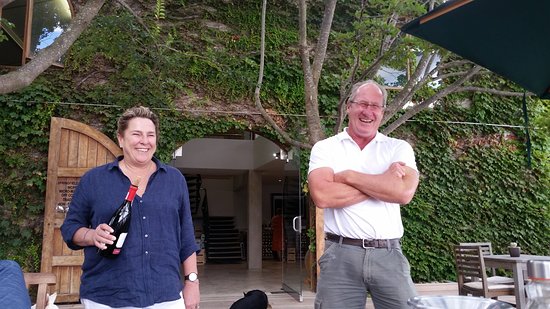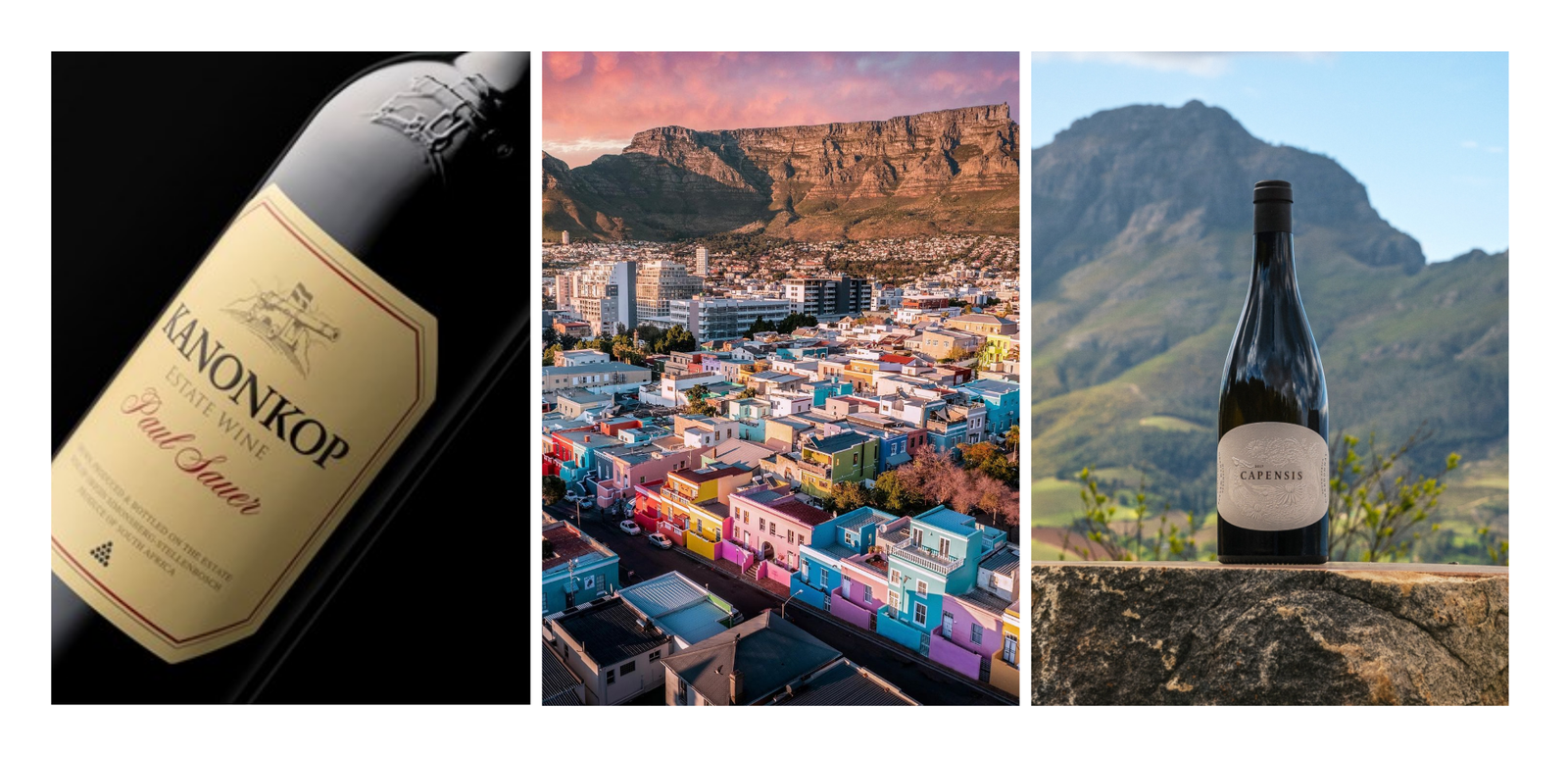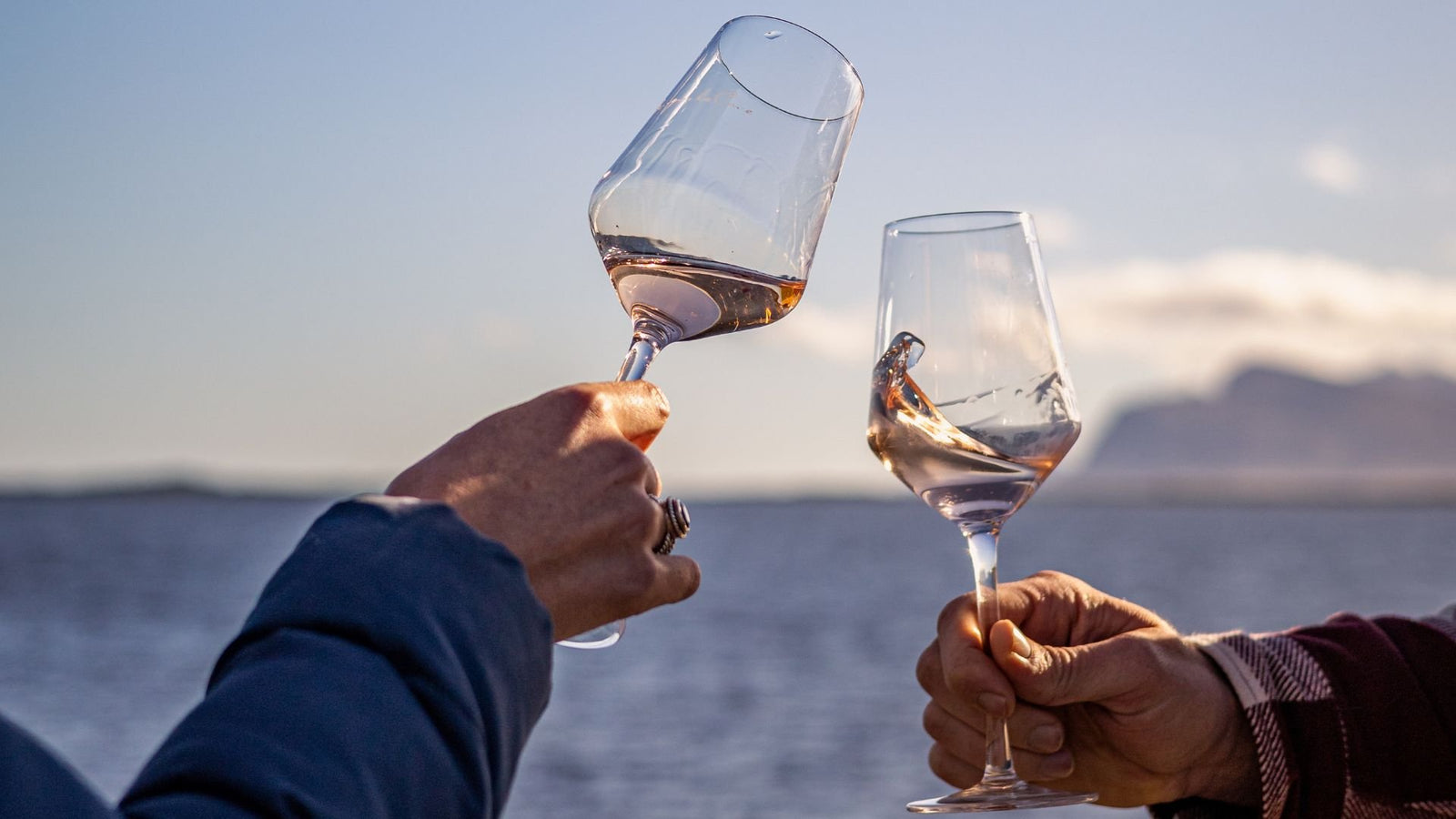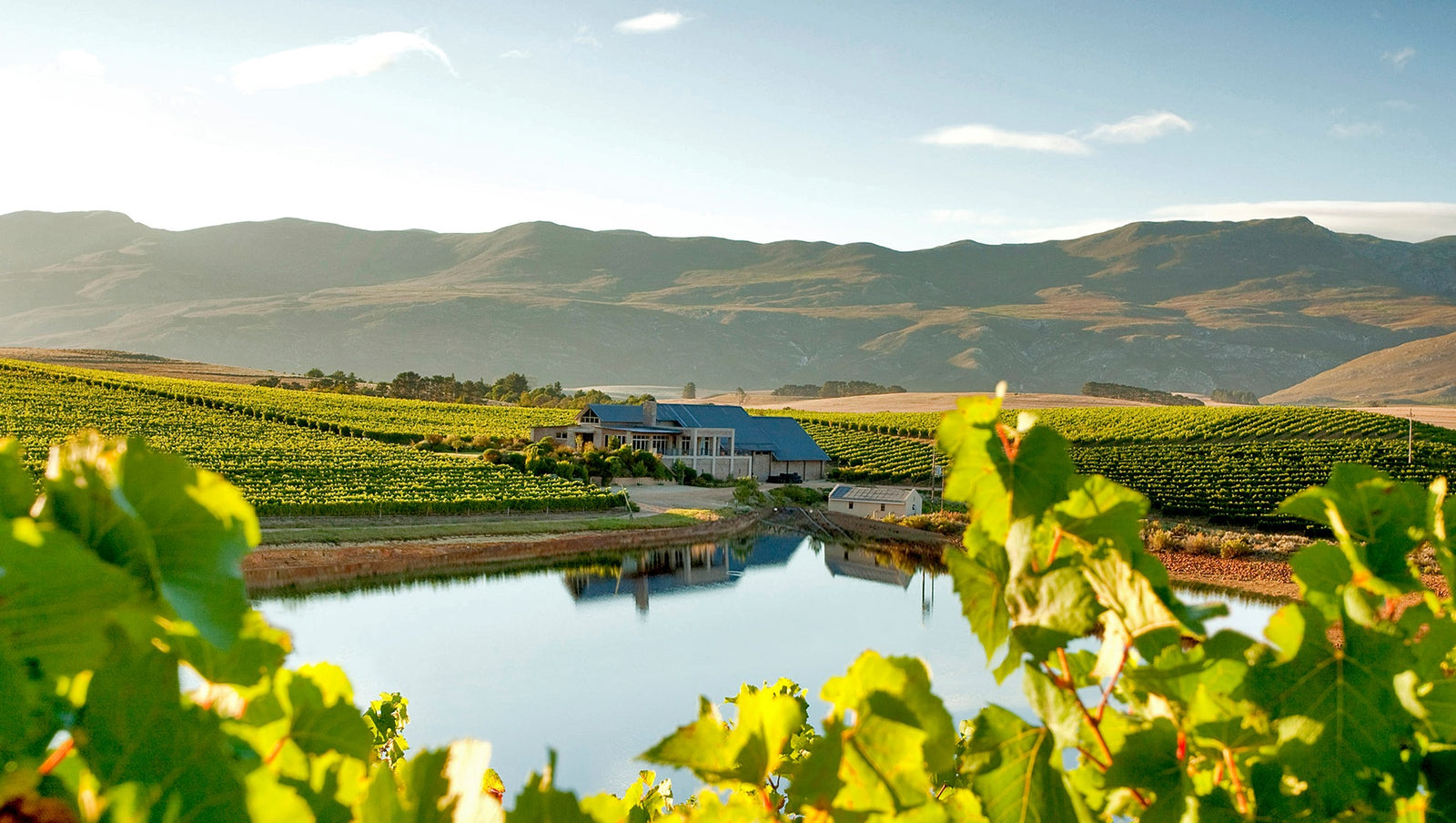Abrie and his sister, Jeanette, are the ninth-generation descendants of French Huguenots who arrived in South Africa from the Loire Valley in France in 1688. Abrie and Jeanette are willing to do whatever it takes to continue their family legacy – making wine.
Abrie Bruwer is the fourth generation from his family to grow vineyards on Springfield Estate.
Along with a dedicated team, viticulturist and winemaker Abrie takes care of the vineyards and creates the wines.

Image credit – Springfield Estate
With Abrie’s ability of turning Robertson grapes – especially Sauvignon Blanc – into great wine and his sister Jeanette’s engaging marketing skills, Springfield has over the past two decades become one of South Africa’s hottest brands.
As Abrie says: ‘I only want to sell wine I am proud of, and I will only get a limited number of chances to do that in my life.’
In 1997, Abrie took to a new path towards how Springfield Red Wines are made today. This was the first time that what is now known as Springfield Méthode Ancienne Cabernet Sauvignon was made using natural vineyard yeast on berries which were crushed before fermentation. From the 1998 uncrushed berries were used, creating softer tannins and wines which reach maturity earlier.

Image credit – Springfield Estate
The 1997 was kept in the Springfield Bottle Maturation Centre for 20 years. Occasional tasting lead to it being held back and with the Springfield philosophy of not releasing a wine until it is ready for drinking, they now have the great privilege of being able to drink this wine, which they did over the weekend.
What a stunner, amazing to think it was in a quiet dark safe cellar with the same natural cork closure for all this time. A kind of miracle when you open a wine like this, 20 years old and still pure and fresh and just wonderful.
Springfield’s cellar dates back to 1902 and is geared towards our back-to-basics and minimum manipulation approach to winemaking.
The basic philosophy of minimal intervention is followed throughout the wine making process. No pumps, crushers or presses are used in our red wine cellar; instead, grapes are transported using a gravity flow system and fermented whole, to limit any spoilage or damage to the delicate berry. Most of the wine is fermented using natural wild yeast, unpredictable and volatile process that takes months and is impossible to guide or control.
The wine is then bottled unfiltered and unrefined wherever possible, as they believe that sterile filtering results in the best part of wine ending on the cellar floor. Dedicated barrel and bottle-ageing cellars allow them the luxury of ageing the wine for 2 years in barrels and 4 years in bottles if necessary until it is ready for release.

Image credit – Springfield Estate




